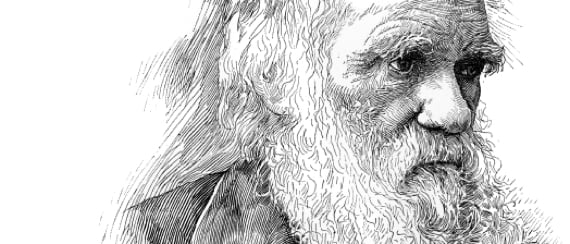
Among the highlights of these theological lectures was John Hedley Brooke’s discussion on “Human Nature and Belief”, in which he presented four influential thinkers who had found evolution to be compatible with their religious belief systems. Brooke’s most surprising example was Thomas Henry
Huxley, better known as “Darwin’s bull-dog”. Despite his tenacious defense of Darwin’s work from religious criticism, Huxley himself believed in private religion and viewed “notional antagonism between science and
religion as a contrivance on the part of short-sighted religious people and
equally myopic scientists”.
Other lecturers — including Professor Elliott Sober, Professor Philip
Clayton, and Denis Alexander himself — also spoke in support of the consistency of evolutionary theory with religion. Sober’s talk distinguished between “‘methodological naturalism’, which is the approach of all the sciences to
understand the physical nature of things without recourse to supernatural
explanations, and ‘ontological naturalism’, the suggestion that the
understanding provided by science is the only explanation that matters.” Clayton affirmed that, while it should be taken seriously by theologists, Darwinian theory cannot answer all the big questions. Alexander spoke on the consistency of evolution with a God who has intentions and a purpose for the world. Taken as a whole, Alexander argued, evolution is far from an entirely chance process, and is instead a process with an ultimate purpose.
Alexander arrives as the same conclusion that John Polkinghorne presented in a recent interview: science and religion are, at their core, cousins. While they may squabble from time to time, their history shows them to be friends, not foes. His full report can be found in The Daily Telegraph.

